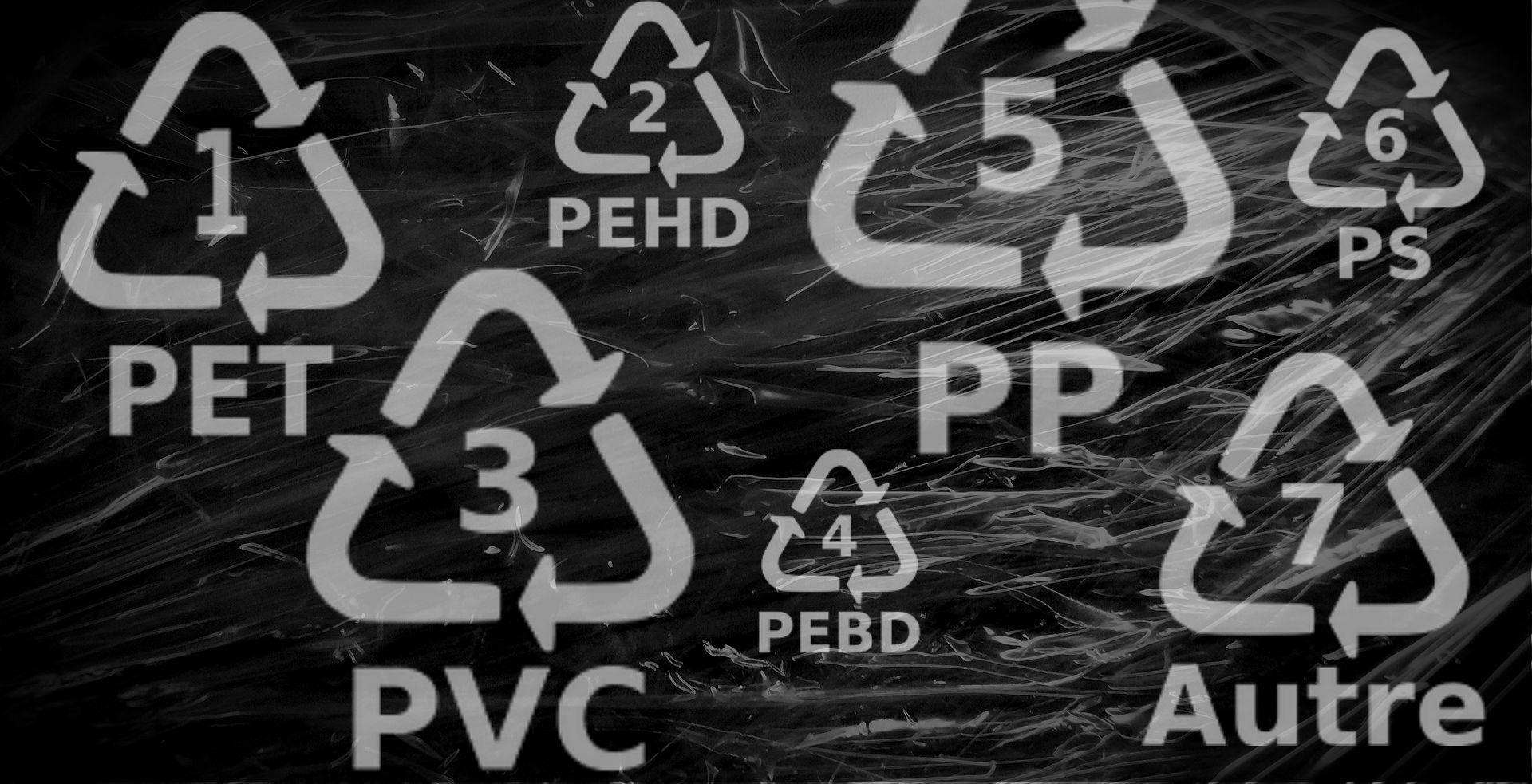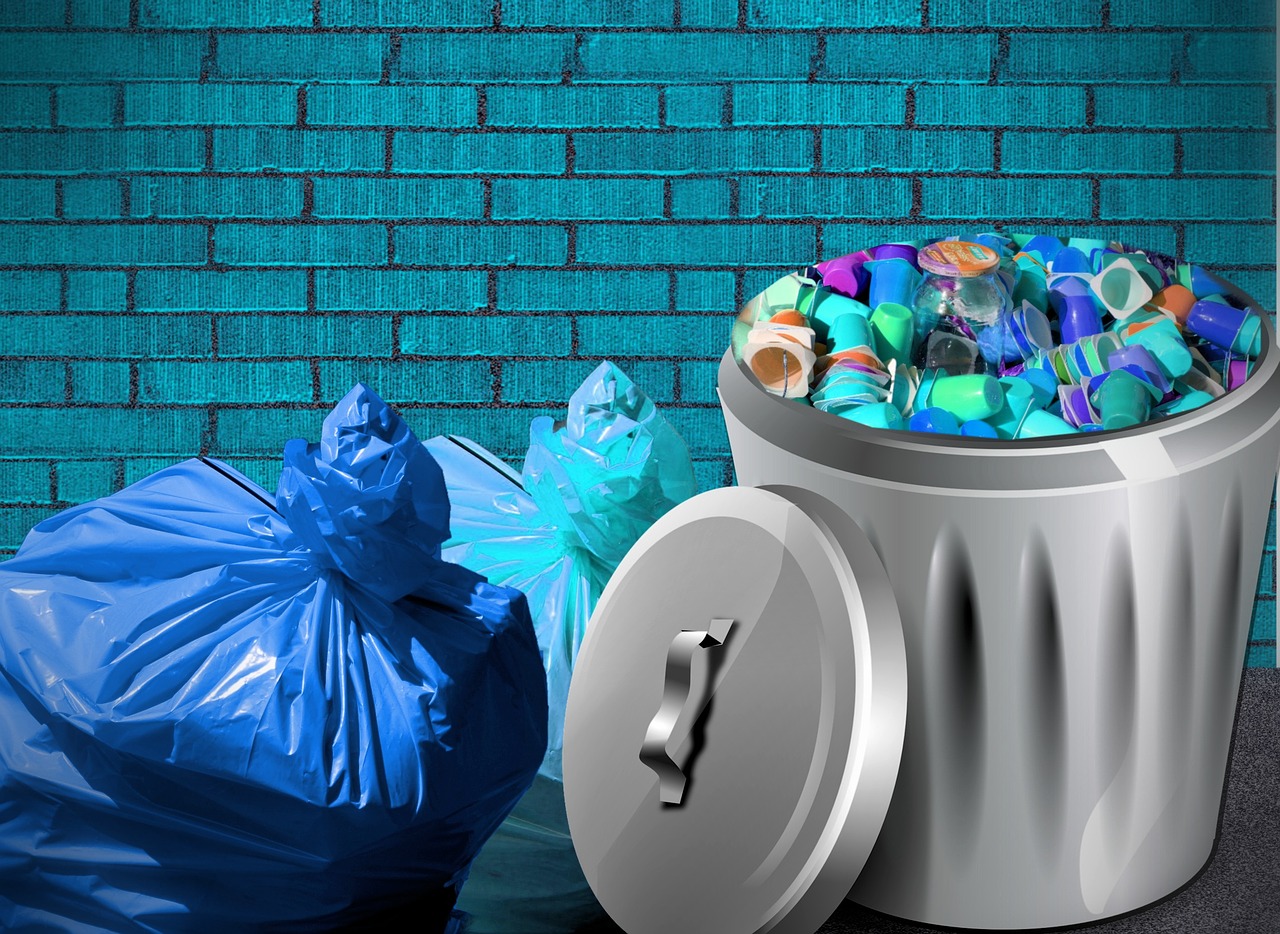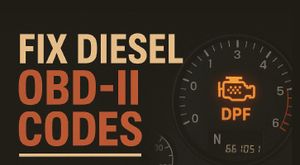Plastic by Numbers: What Do the Recycling Codes Mean?
By on Nov 16 2016

Advances in recycling technology mean that more and more materials are recyclable— including plastics.
However, not all plastics are able to be reused or are easily recycled in every community, unfortunately. In the United States, this often leads to continued consumer confusion regarding what plastic products are actually recyclable.
What's one way to help determine a plastic's recyclability? By the number.
The numbers within the triangles on plastic containers help to identify the type of plastic (resin) used. This is known as the ASTM International Resin Identification Coding System (RIC).
In 1988, the Society of the Plastics Industry (SPI) established a classification system to help both consumers and recyclers properly dispose of and recycle the many different kinds of plastic based on chemical makeup. RIC has been administered by ASTM International since 2008.
Codes range from 1-7. Here is a basic outline of the different plastics associated with each number:
#1 —PET (Polyethylene Terephthalate)
PET plastic (found in most water bottles) is not meant to be reused, but it is recyclable. However, only about 25% of PET bottles are recycled in the US.
#2 —HDPE (High-Density Polyethylene)
HDPE is used to make a variety of products, including milk jugs, toys, and plastic lumber. It is both reusable and recyclable.
#3 —PVC (Polyvinyl Chloride)
PVC is commonly used to make plumbing pipes, pool toys, and vinyl records. PVC is reusable and recyclable, but it is recycled less frequently than the above plastics.
#4 —LDPE (Low-Density Polyethylene)
LDPE is often used to make shrink wraps, squeezable bottles, and bread bags. This plastic is reusable, but is not commonly recycled (though it is recyclable in certain areas).
#5 —PP (Polypropylene)
PP is commonly used to make disposable diapers, plastic bottle caps, chip bags, straws, and rope, to name a few. It is safe for reuse and can be recycled, though it's not as common as #1 and #2.
#6 —PS (Polystyrene)
PS is most commonly known as Styrofoam as is often used to make drinking cups, egg cartons, plastic cutlery, and take-out containers. It can be recycled, but it is not efficient, and therefore PS recycling is not widely available.
#7 — Other
“Other” plastics are all those not defined by the other 6 codes. These types of plastics, which include polycarbonate, polylactide, acrylic, and nylon. These miscellaneous plastics are used to make some bottles, safety glasses, clothing, and headlight lenses. Generally these products are not recycled due to difficulties. Compostable plastics (made from bio-based polymers such as corn starch) are also included in this category. They will have a designation “PLA” and may also say “Compostable.”
In their original form, RIC codes consisted of clockwise —chasing arrows " to form a triangle enclosing a number. In 2013, however, this standard was revised to change the symbol from —chasing arrows " of the Recycling Symbol to a solid triangle.
Though many use RIC as a signifier of recyclability, the presence of absence of a code on a —plastic product does not indicate whether it is recyclable or not.
Because of this, some communities instead instruct residents to refer to the form of packaging ("bottles," "tubs," "lids," etc.) when determining what to include in their recycling, rather than instructing them to rely on the RIC.
Check out local recycling programs available in your community when determining what to toss in the recycle bin! Likewise, sort your recycleables appropriately.
Sources:
https://en.wikipedia.org/wiki/Resin_identification...








